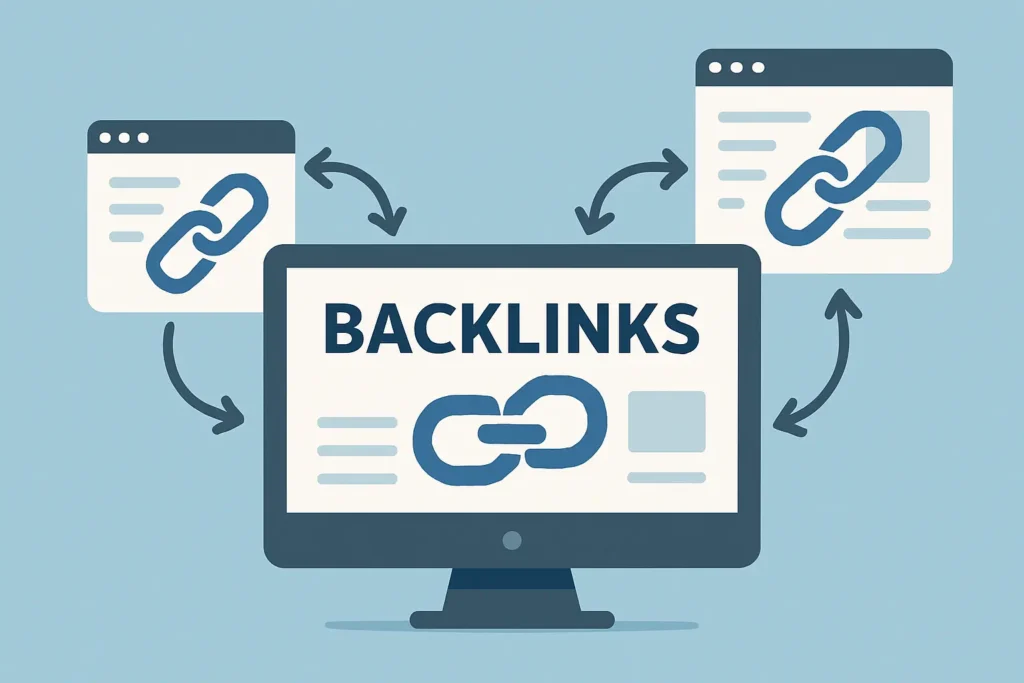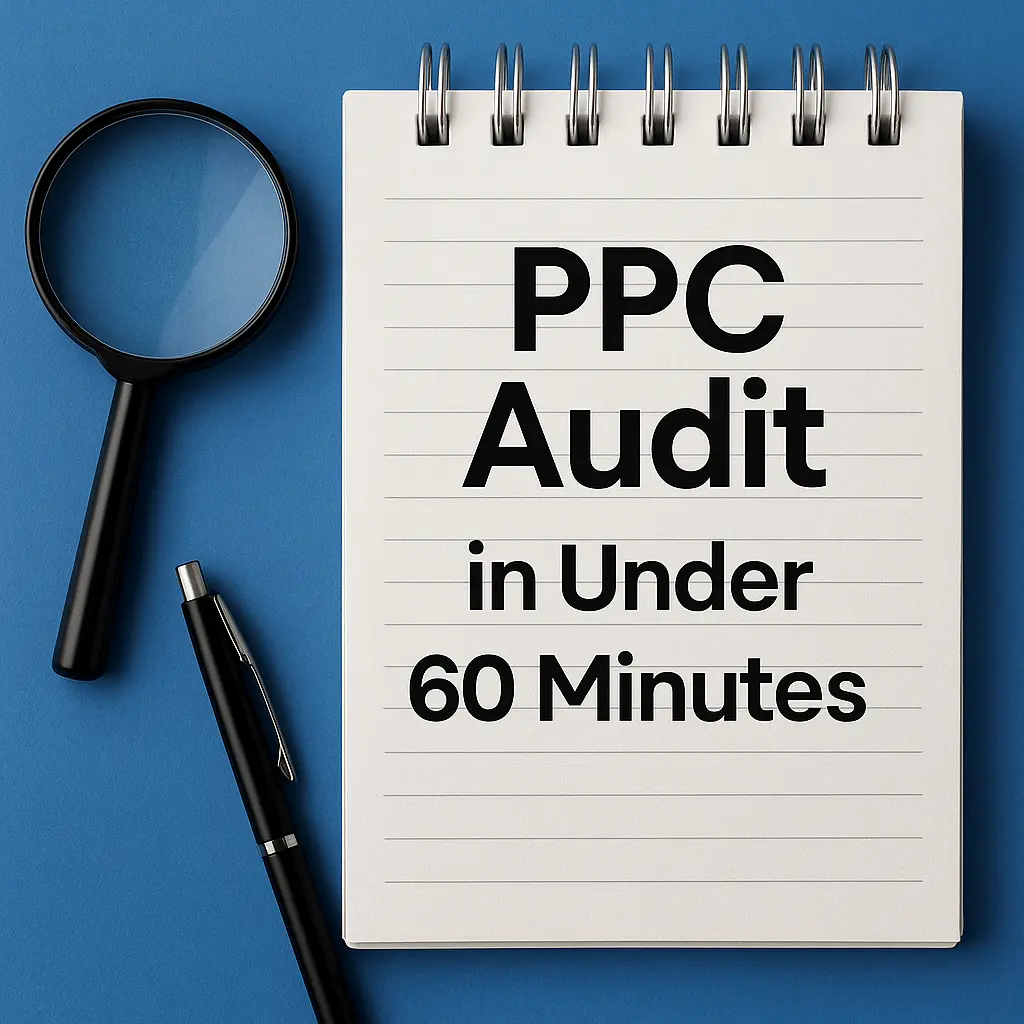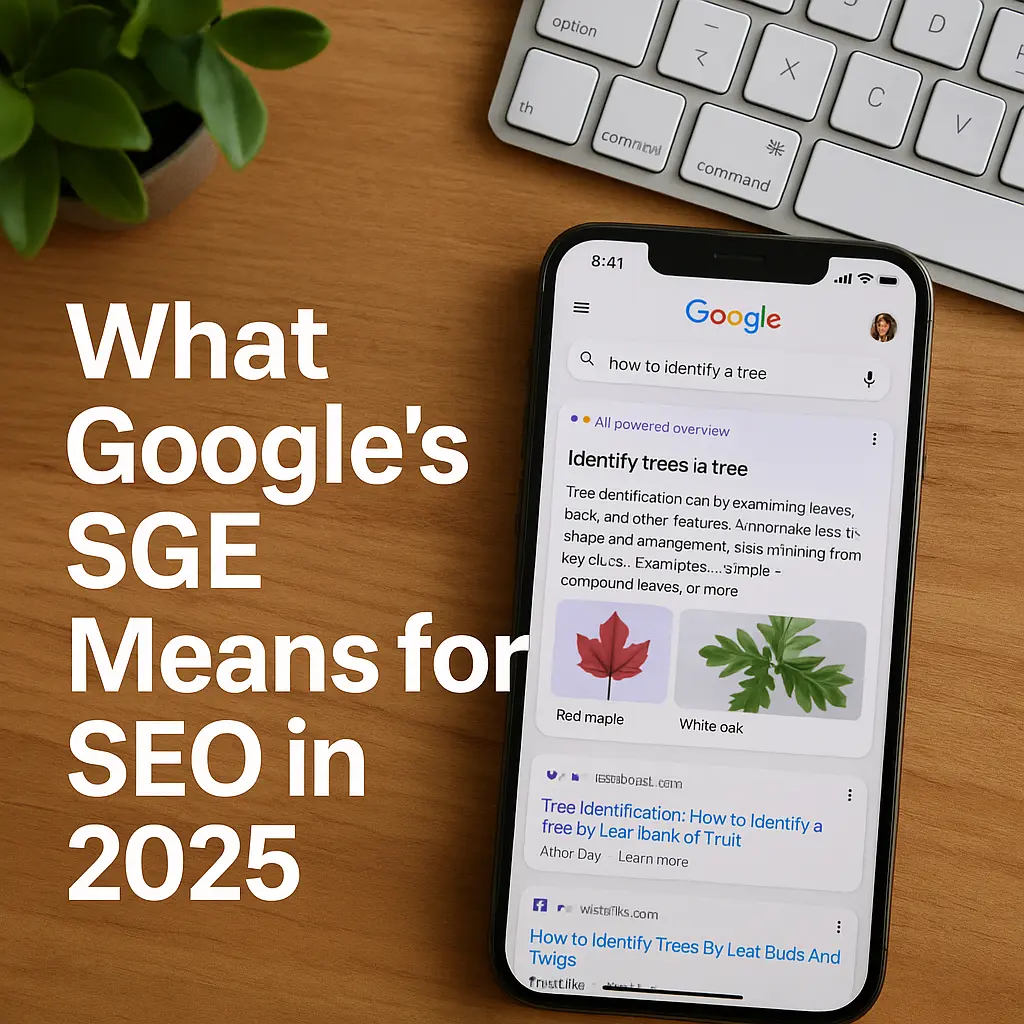Introduction
If you’ve ever dipped your toes into SEO, you’ve likely heard the term “backlink.” But what exactly are backlinks, and why do SEO professionals treat them like digital gold? In today’s competitive online space, backlinks remain one of the most powerful factors for improving search engine rankings and building your website’s credibility.
In this article, we’ll break down what backlinks are, how they work, real-world examples, and why they matter more than ever in 2025. Whether you’re a small business owner, content creator, or marketing manager, understanding backlinks is crucial to your online success.
What Are Backlinks?
A backlink, also known as an inbound link or incoming link, is a hyperlink on one website that directs users to another website. In its simplest form, it’s a connection between two different websites. For instance, if Website A publishes a blog post and includes a hyperlink to Website B, then Website B has just received a backlink from Website A.
Think of backlinks as the internet’s version of word-of-mouth referrals. Just like a recommendation from a friend carries weight in real life, a backlink from another site carries weight online. It tells both users and search engines:
➡️ “Hey, this content is worth checking out.”
But not all backlinks are created equal. A link from a well-established, trustworthy site (like Forbes, TechCrunch, or a respected industry blog) is far more powerful than a link from a random or low-quality website. These high-quality links are often referred to as “authoritative” or “editorial” backlinks.

Why Are Backlinks Important?
Backlinks are a cornerstone of Google’s ranking algorithm. In fact, when Google launched in the late ’90s, one of its major innovations was using backlinks (PageRank) to measure the importance of a web page.
Here’s why backlinks matter:
✅ 1. They Boost Your Domain Authority
The more high-quality sites that link to your site, the more authoritative your domain becomes in the eyes of search engines. This means your website is more likely to rank higher for relevant search terms.
✅ 2. They Drive Qualified Traffic
Backlinks don’t just help with rankings—they also bring in real visitors. When someone reads an article on another website and clicks a link to yours, you’re gaining a visitor who’s already interested in your topic or service.
✅ 3. They Help Search Engines Crawl Your Site
Search engines use backlinks to discover new content. If your site is linked from a popular and regularly crawled website, it increases the chances that Google will index your content faster.
✅ 4. They Build Credibility and Trust
If a reputable site links to your content, it serves as an endorsement. Visitors are more likely to trust your business or take action if they arrive via a trusted source.
What Makes a Backlink “Good”?
Not all backlinks will help your SEO. Here’s what separates high-quality backlinks from low-quality or even harmful ones:
- Relevance: The linking site should be related to your industry or topic.
- Authority: Links from well-known and trusted sites carry more weight.
- Placement: A backlink embedded in relevant content (e.g., a blog post) is more valuable than one in a footer or sidebar.
- Anchor Text: The clickable text should be relevant to the page being linked to.
- Natural Context: Organic, editorial links are better than links you pay for or force unnaturally into content.
How Do Backlinks Help Your Website?
Backlinks aren’t just nice to have—they’re essential for any business looking to grow its digital presence. Here’s how they directly contribute to your website’s performance and overall success:
🔗 1. Improve Search Engine Rankings
Backlinks are one of Google’s top three ranking factors, alongside content and RankBrain. When your website earns backlinks from relevant, authoritative sources, it signals to search engines that your content is valuable and trustworthy.
The result?
Your web pages are more likely to appear on the first page of Google search results, especially for competitive keywords. Not only that—more quality backlinks often lead to higher rankings across multiple pages, not just the one being linked to.
Example:
If an industry-leading cybersecurity site links to your guide on “ICS Air-Gap Protection,” Google sees that as a vote of confidence—and may boost that guide’s ranking in related search queries.
👁 2. Increase Referral Traffic
Backlinks are also a direct source of traffic, especially when placed on websites your target audience already visits.
When readers click on a backlink from an article, interview, guest post, or resource list, they’re pre-qualified visitors. They’re already interested in the topic, making them more likely to engage, subscribe, or convert into leads or customers.
Example:
Let’s say your restaurant POS software is featured in an “Essential Tools for Restaurant Owners” blog. Every click from that post is a potential user looking for your exact solution.
✅ 3. Build Brand Authority
When authoritative websites link to you, you’re not just gaining SEO value—you’re also borrowing their credibility. To your audience, a backlink from a reputable publication is an implicit endorsement.
This helps you position your business as a trusted voice in your niche, especially if the backlinks come from media outlets, research sites, or respected thought leaders.
Example:
If TechCrunch, Wired, or an industry association links to your content, it elevates your perceived brand value and builds long-term trust with customers, investors, and partners.
🧭 4. Help Search Engines Discover Your Content
Search engines like Google use web crawlers (also called bots or spiders) to scan and index the internet. Backlinks act like highways that lead crawlers from one site to another.
If you earn a backlink from a website that is frequently crawled by search engines, your pages are likely to be discovered and indexed faster. This is particularly valuable for:
- New websites trying to get indexed
- New content/pages that need quick exposure
- Deep pages that are not easily found through internal navigation
Example:
If you publish a new case study on your site and it’s linked from a high-traffic industry blog, Google will likely find and index your content faster—helping you rank sooner.
Backlinks don’t just “help”—they’re the backbone of a successful SEO and content marketing strategy. From boosting visibility and traffic to establishing authority and improving indexing, they’re one of the smartest long-term investments you can make in your website.
Real-Life Use Cases of Backlinks in Action
📈 Case Study: A Local Restaurant Chain
A regional restaurant chain earned backlinks by being featured in a “Top 10 Local Eats” blog and several local news stories. Within months, their organic traffic doubled, and they started ranking for “best burgers in Florida.”
🧑🏫 Case Study: An Online Course Creator
A course creator wrote guest posts for top education blogs and included links back to their site. These backlinks not only improved SEO but also directly led to thousands of signups.
🛠️ Case Study: A SaaS Startup
A SaaS company collaborated with industry influencers on webinars and co-authored content. These relationships led to multiple backlinks from high-authority domains—boosting their domain authority and inbound demo requests.
Conclusion
Backlinks aren’t just technical SEO jargon—they’re one of the most important elements of a strong digital marketing strategy. Whether you’re trying to rank higher, grow your audience, or build online authority, backlinks help you get there faster and more efficiently.
Need Help Managing Your Backlink Strategy?
At RnD Marketing, we specialize in building, managing, and optimizing backlink strategies tailored to your business goals. We don’t just get you links—we get you results.
📞 Ready to boost your rankings and authority?
Contact RnD Marketing today and let’s grow your backlink profile the smart way.
FAQs
A backlink is a hyperlink from one website to another. When another site links to your website, you’ve earned a backlink. Backlinks are important because they act as digital votes of confidence, telling search engines that your content is valuable, relevant, and trustworthy.
The primary purpose of a backlink is to signal to search engines that your content is valuable, trustworthy, and worth ranking. It also helps direct referral traffic to your site from other websites.
No. Only high-quality, relevant backlinks from trustworthy websites improve SEO. Low-quality, spammy links—or links from unrelated sites—can actually hurt your rankings and even result in penalties from Google.
Backlinks drive referral traffic—visitors who click a link to your site from another site. If the backlink is on a website your ideal audience already visits, those clicks are more likely to become leads or customers.
Yes. Backlinks act like pathways that help search engine bots find and index new websites or newly published content faster. Without backlinks, your site may take much longer to appear in search results.
The best way is by creating valuable, shareable content and building relationships with other websites in your industry. Guest blogging, digital PR, resource outreach, and collaborating with influencers or partners are all proven strategies.





